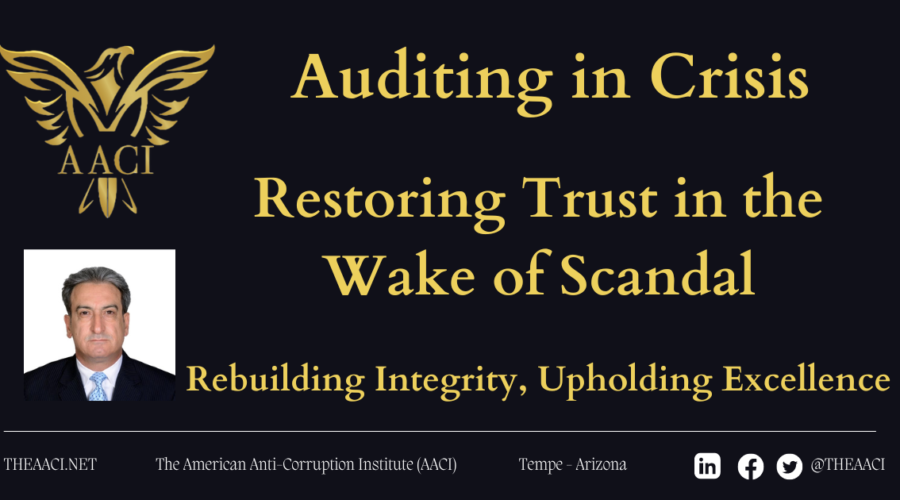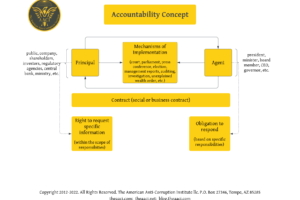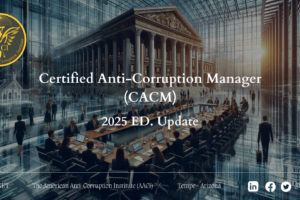Rebuilding Integrity, Upholding Excellence
April 13, 2024
Key Insights: Navigating the Road to Ethical Auditing
1. Reform Needed: Urgent calls for significant reform in the audit profession to prevent future ethical lapses.
2. Accountability Matters: Highlighting the crucial role of accountability in maintaining trust in financial reporting.
3. Transparency & Trust: Emphasizing the importance of transparency and trust in rebuilding confidence in audits.
4. Cultural Change: Recognizing the need for a cultural shift towards integrity and ethical conduct within audit firms.
5. Stakeholder Engagement: The role of stakeholders in driving positive change and upholding audit integrity.
Today marks a somber moment for auditors and the integrity of the audit profession. The recent scandal involving cheating is an egregious display of unethical, illegal, and unprofessional behavior. Such actions, particularly when perpetrated by a prominent “big-4” firm, tarnish the reputation of auditors and erode public trust in the vital role they play.

The fines levied by the PCAOB against the company, its staff, and partners are woefully inadequate as both punishment and deterrent. Stronger measures, such as license revocation and significantly higher penalties, should have been imposed. Furthermore, the firm ought to have faced a substantial suspension from auditing publicly listed companies in the Netherlands for a minimum of three years.
However, the issue extends far beyond the confines of a single office; it speaks to a pervasive cultural problem within the entire organization. What’s more troubling is that this misconduct isn’t isolated to just one “big-4” company. Therefore, regulatory bodies and lawmakers must take decisive action to address the rampant damage caused by such disgraceful and fraudulent practices to safeguard the integrity and impartiality of the audit profession.
An audit partner who engages in or enables cheating forfeits both their independence and integrity. Consequently, they are unfit to conduct audits or hold the title of auditor—plain and simple.

In light of recent events, the audit profession must undergo significant reform to prevent future lapses in integrity. This includes implementing stricter oversight mechanisms, enhancing ethical training for auditors, and fostering a culture of accountability within audit firms. Additionally, clients and stakeholders must demand transparency and ethical conduct from the firms they engage for audit services, holding them to the highest standards of professional conduct.
Furthermore, educational institutions and professional organizations should play a proactive role in instilling ethical values and promoting integrity among future auditors. By addressing the root causes of unethical behavior and implementing robust measures to prevent misconduct, we can restore faith in the audit profession and uphold its critical role in ensuring financial transparency and accountability.











































